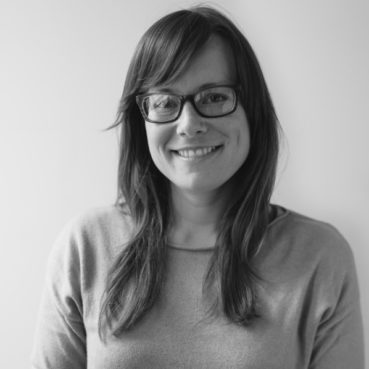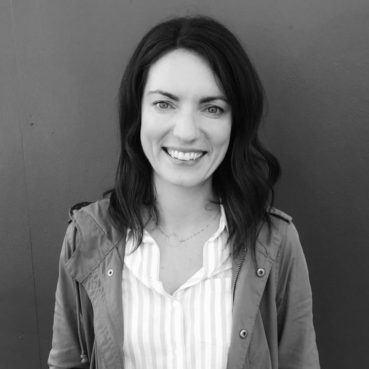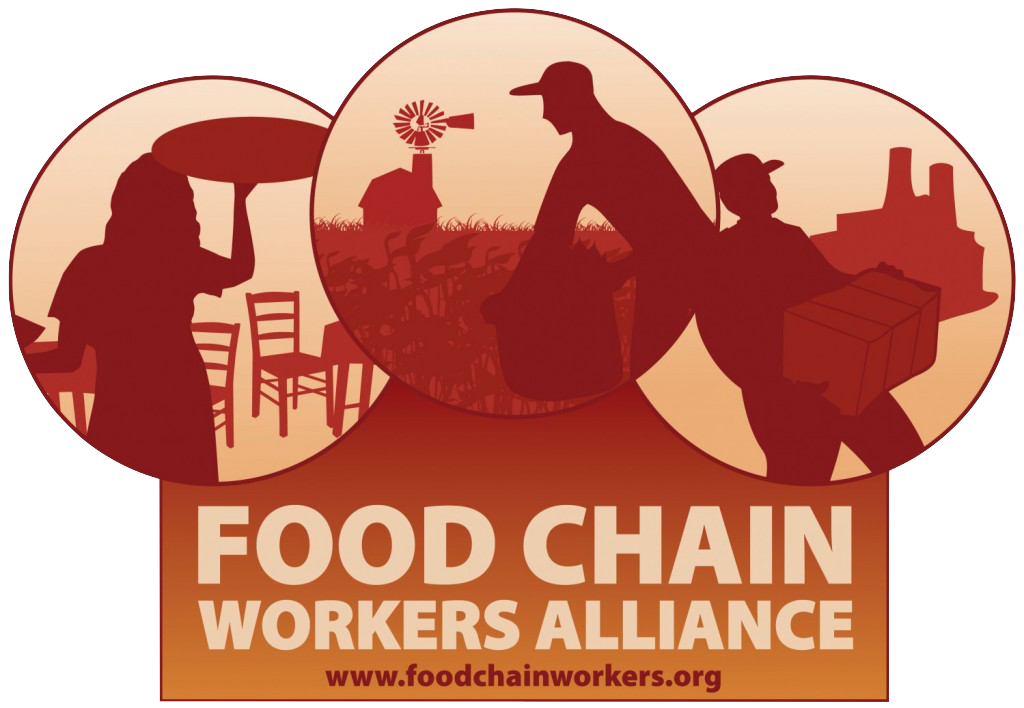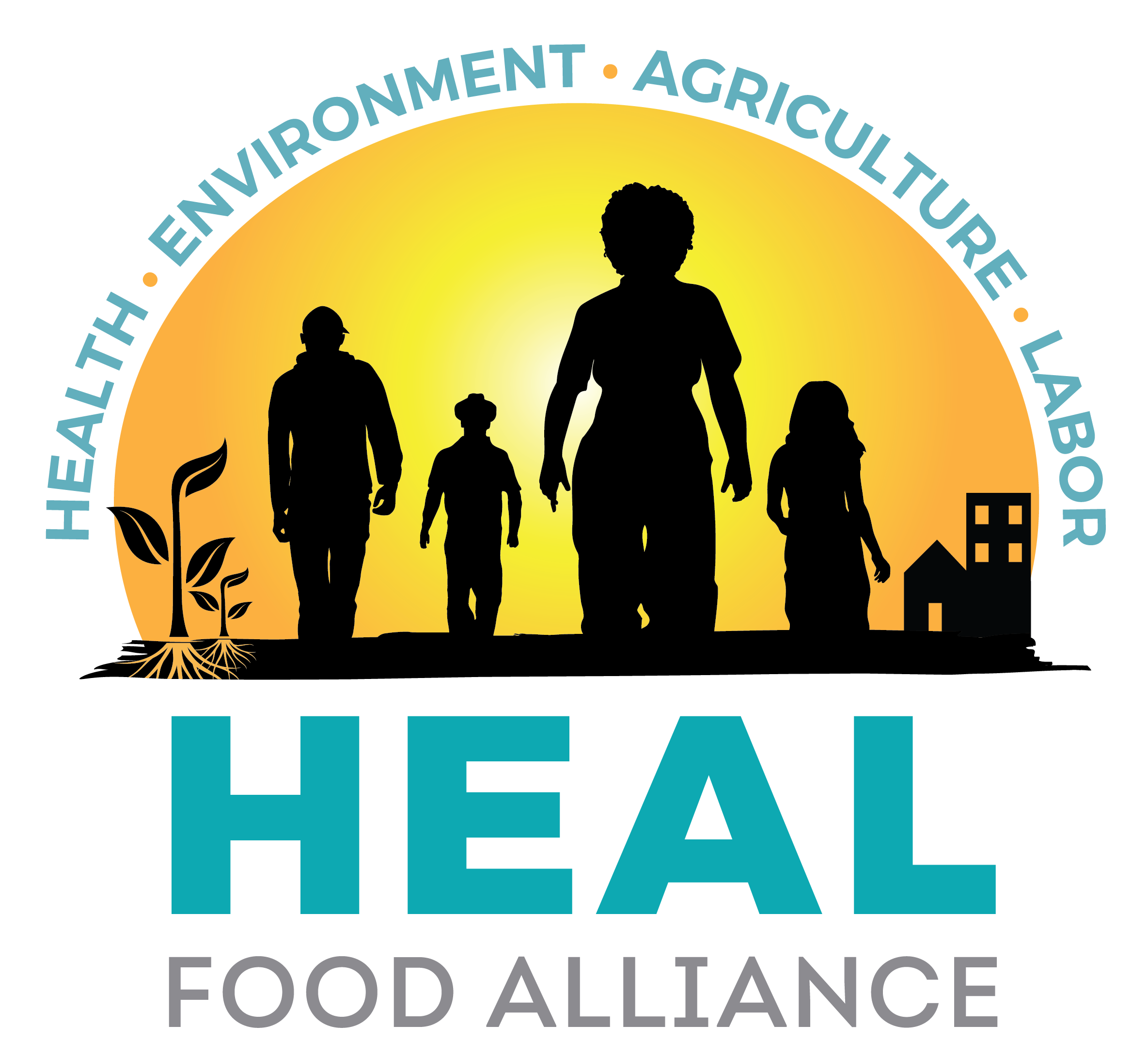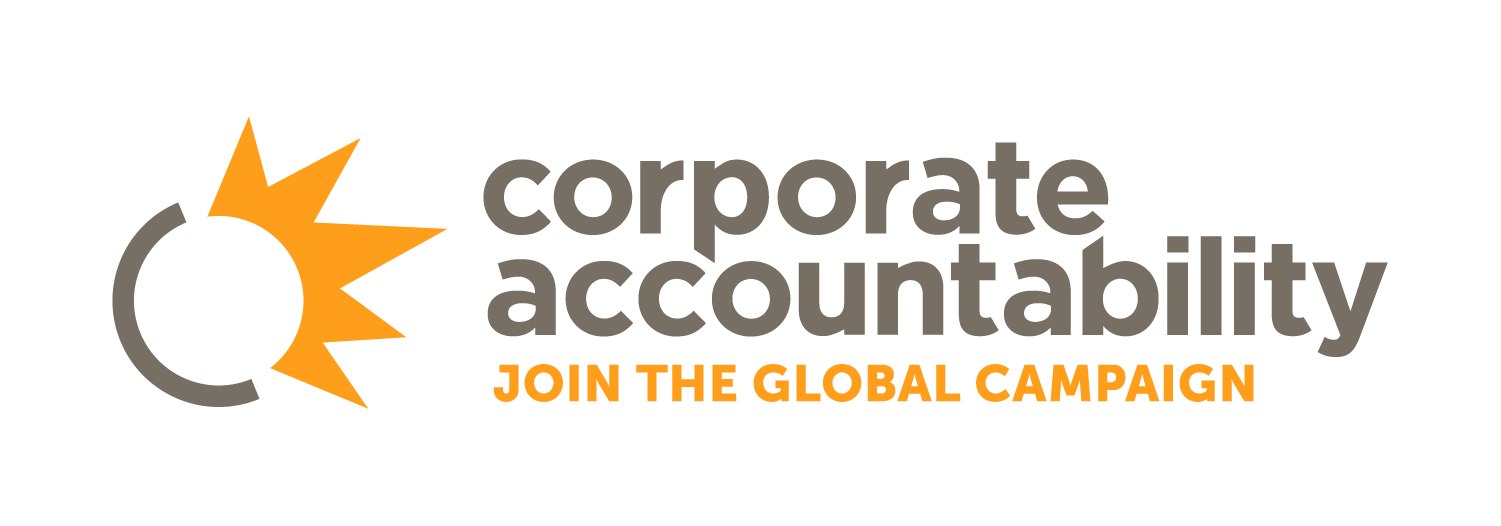
About Us
“You have to act as if it were possible to radically transform the world.”
– Angela Davis
Our Team
How We Work
We are committed to working together and collaborating with partners in a way that reflects our values.
We are a women co-led organization that uses a wide range of communications tools—including audio, design, photography, art, writing, social media, and events—for food justice and food sovereignty. Based in Chicago, Minneapolis, and the San Francisco Bay Area, we are active nationally and internationally, as well as in the communities where we live. Strategic partnerships play a central role in our work and we see ourselves as part of the fabric of a diverse and growing food movement. We take our cue about strategic priorities from frontline leaders and work to channel resources towards building the capacity of frontline movements to define their own comms strategies and shape the larger food narrative. We are committed to ongoing reflection about our work to ensure that our processes and partnerships reflect racial, economic, and gender justice as part of our broader set of values.
Our Values
- We believe in lifting up the movement, not our brand.
- We believe art, books, and film can inspire people to create the world we need.
- We believe white supremacy, patriarchy, ableism, and other forms of oppression are inherently connected and that struggles can and should unite against them.
- We believe we all have a responsibility to identify our own privilege and be accountable to each other.
- We believe those most impacted by injustice must be at the forefront of making decisions about how to solve it.
- We believe that to make change we have to think about global capitalism and how power operates.
- We believe diversity is the basis for health and resilience.
- We believe each one of us has a story to tell, and that sharing our stories builds communities and movements.
- We believe “real food” is delicious, honors the earth, feeds body and soul, oppresses no one, and is the human right of all.
- We believe “real media” always seeks and tells the truth.
Be part of our Hive with regular email updates
Sign Up

